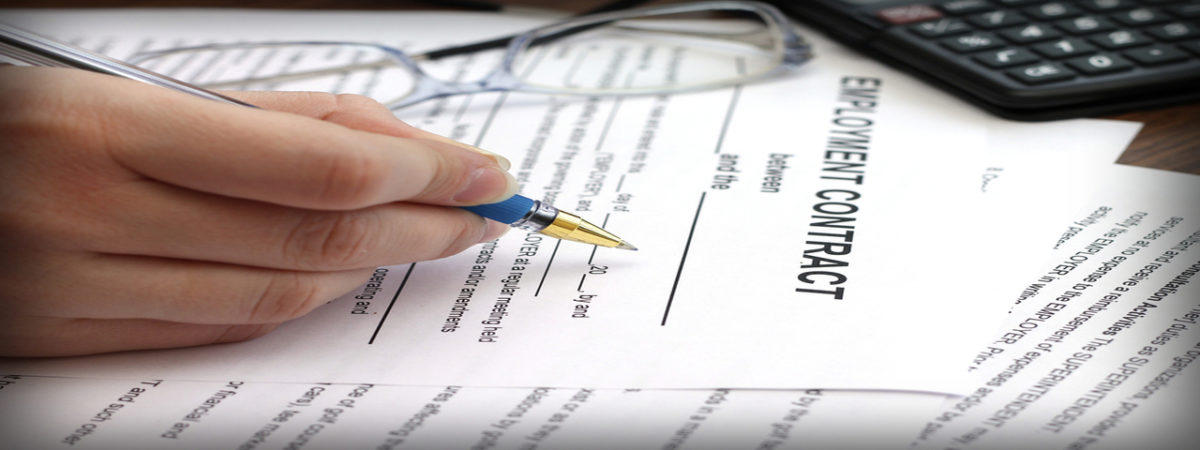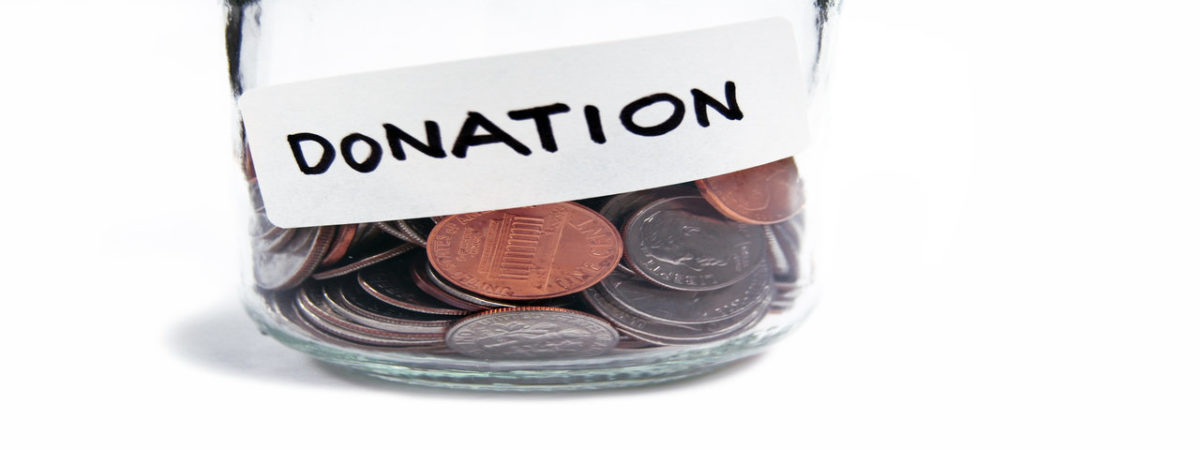Taxing sugary drinks invariably hurts the poor
SUGGESTED



Advocates of sugar taxes have stock responses to these objections. Given the conspicuous failure of food and soft drink taxes to work in the real world, they turn instead to computer models which show that they work in theory. Computer models are only as good as the assumptions fed into them by human beings, however, and since they tend to be created by advocates of sin taxes, they tend to be overly-optimistic while ignoring important substitution effects.
On the question of hammering the poor, campaigners are fighting a uphill battle. Aside from those that are levied on luxuries, indirect taxes are almost invariably regressive. When the targeted product is disproportionately consumed by the poor, they are doubly regressive. That is true of tobacco and it also happens to be true of fizzy drinks.
The standard response to this awkward fact is to redefine what ‘regressive’ means. Campaigners claim that the poor will benefit disproportionately from a tax in health terms because, being poor, they are more price sensitive and will reduce their consumption by a greater proportion than the rich. This is sophistry. ‘Regressive’ has a clear meaning in the dictionary. It means taking a proportionally greater amount of money from those on lower incomes. It has nothing to do with health.
Moreover, it is very doubtful that people on low incomes are more price sensitive when it comes to sinful products. If affordability was the decisive factor, they would already consume fewer sugary drinks than the rich. Instead, they consume more. The same is true of cigarettes. The past fifty years have seen dramatic increases in tobacco taxation. If price rises had the biggest effect on the poor, we would expect smoking to be the preserve of the rich by now. The reality is precisely the other way round. Smoking rates among those who are least able to pay are three times higher than among those with large disposable incomes. Low income smokers have a lower price elasticity than the rich. The same may well be true of drinkers of sugary drinks.
There are several other would-be rebuttals to the regressivity argument. It is sometimes claimed that the impact on the pockets of the poor could be offset by increasing cash benefits, or by subsidising ‘healthy’ food, or by investing money in schemes to educate people on low incomes about eating well. All of these claims are superficially appealing and yet they are flawed. If the government gave people £1 in benefits for every £1 taken in sin taxes, it would defeat the purpose of the tax. The government would effectively be paying people to eat ‘unhealthy’ food. It would also create unnecessary bureaucratic waste as the government takes with one hand and gives with another.
Subsidies for fruit and vegetables sound like an effective, revenue-neutral response. Make the bad food more expensive while making the good food cheaper. The problem is that the government does not control the price of fruit and vegetables and it is difficult to see how a system of subsidies could be introduced without making retailers and producers richer. In practice, it would require a vast system of price controls, surveillance and, again, bureaucracy. Besides, a diet of fruit and veg is already cheaper that a diet of ‘junk food‘.
As for investing the revenue in educational projects, this is the preferred option for many health campaigners although that is hardly surprising when you consider that the kind of people who campaign for these taxes are the kind of people who would be asked to run such campaigns. As Jayson Lusk points out, when it comes to sugary drink taxes the baptists and the bootleggers are often one and the same. Pouring money into ‘education’, ‘advocacy’ and ‘awareness raising’ is just another form of middle class welfare which forces the poor to pay the salaries of wealthy do-gooders.
In an article for the Guardian yesterday, Sarah Wollaston MP added a new argument to the debate. Acknowledging concerns about hitting the poor, she claimed that the sugary drinks tax ‘need not hit the pockets of low-income families as there would always be an alternative, untaxed and cheaper equivalent.’ In effect, she is saying that poor people won’t be hurt by the tax if they do as they’re told and give up sugary drinks. This trivially true. Obviously, if you don’t buy the product, you don’t pay the tax.
But people don’t abandon products en masse for the sake of a 20 per cent tax. We know that demand for fizzy drinks is inelastic (the mean average is 0.79) and we know that the vast majority of consumers will buy them in much the same quantities with or without a tax. With a tax in place, they pay a little more. This creates a deadweight cost that takes a disproportionate share from the pockets of people on low incomes. That is why these types of taxes are – and always will be – regressive.
Christopher Snowdon is the IEA’s Director of Lifestyle Economics. Watch the ieaTV video ‘Sin Taxes‘, which won gold at the 2015 Reason Media Awards.
4 thoughts on “Taxing sugary drinks invariably hurts the poor”
Comments are closed.





Great work, Chris. It is good to see someone hammering away at this. The fact that these supposedly concerned busybodies are hurting the people they pretend to help is a message that could change the support they get if we can get it out there.
I have to take issue with your assessment of a revenue neutral version of this. If the revenue were all given back to the poor on a reverse-poll-tax basis it would not change the incentives. Each punished poor individual would only get back ~1 one-millionth of his own taxes, and what he gives back to his fellow poor has little incentive effect. Indeed, the net effects would be progressive, since richer people pay some of the taxes. Of course there would be pockets of regressiveness within the overall progressiveness, but at the gross level this would work.
The problem there is actually that it is just not done. It is not ever part of the proposals. As you note, even the supposedly neutral versions of this really just direct the money to someone’s pet project. Moreover, even if it were done as a reverse-poll-tax for the poor, it would crowd out other poor support. It would take only about five minutes before that were considered just part of the existing pool of poor support, and be counted when deciding how much total to provide.
So your conclusion there is valid, but the theory of it — which you challenge — is actually right.
“But people don’t abandon products en masse for the sake of a 20 per cent tax.”
People are already paying 20% tax on these products (https://www.gov.uk/guidance/rates-of-vat-on-different-goods-and-services#food-and-drink-animals-animal-feed-plants-and-seeds). These bully-statists are arguing for a (currently) *extra* 20% on top.
So a bottle of pop that would cost £1 before VAT would cost £1.20 after VAT, and then when they add their extra 20% on top (because they’ll want to double-dip of course, rather than calculate it on the nett price) would end up being £1.44.
They are essentially advocating for a 44% tax.
It is about getting people to eat the best diet. In my case my doctor frightened me. I eat better and have lost weight. But I have to take metformin. This would argue for the NHS to educate and punish fatties
David Hutchinson wrote, “This would argue for the NHS to educate and punish fatties.”
How depressing. And war is peace and freedom is slavery.
The NHS is *supposed* to be a health service; the courts are supposed to issue any punishments. Maybe he thinks that jail time without sugar is a just sentence. No “opinion” is surprising in these days of mass mind control.
One thing that I have never read in this debate (unless I have written it myself) is that the majority of “sugary” drinks are laced with artificial sweetners, often aspartame, the chemical which has had by far the most complaints to the FDA in the US.
It is thought to cause dozens of diseases, including cancers.
If the government wanted us to be healthier, they would ban this substance, but we know they don’t care about us being healthy, they want even more of our money and even more control of our behaviour.
The poor will always be worst affected by taxes on goods.
When O’Brien is torturing and interrogating Winston, he asks,
“How does one man assert his power over another, Winston?”
Winston replies, “By making him suffer.”
“Exactly,” says O’Brien, “Obedience is not enough. Unless he is suffering, how can you be sure that he is obeying your will and not his own? Power is in inflicting pain and humiliation. Power is in tearing human minds to pieces and putting them together again in new shapes of your own choosing.”
See page 336 for more: https://archive.org/details/Orwell1984preywo